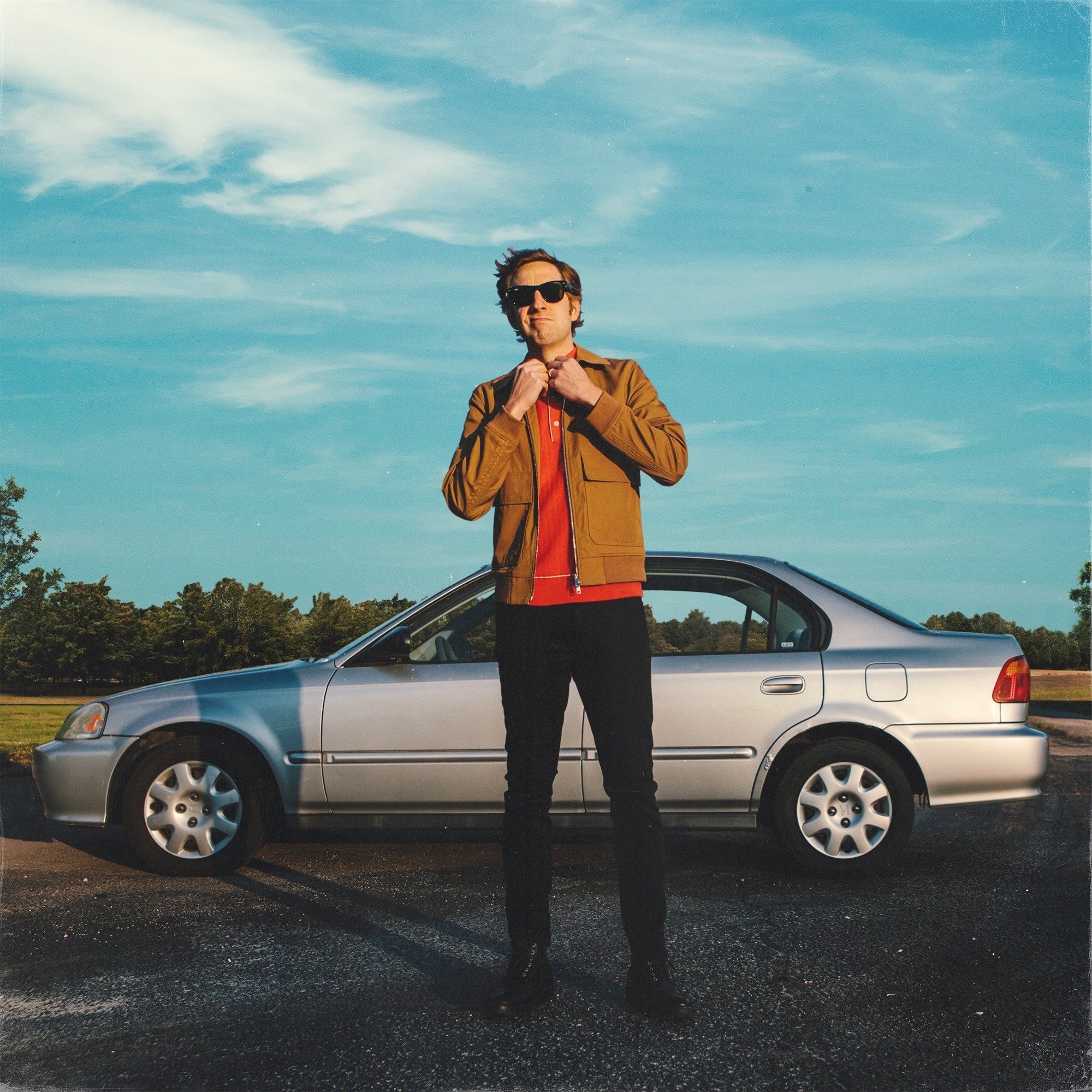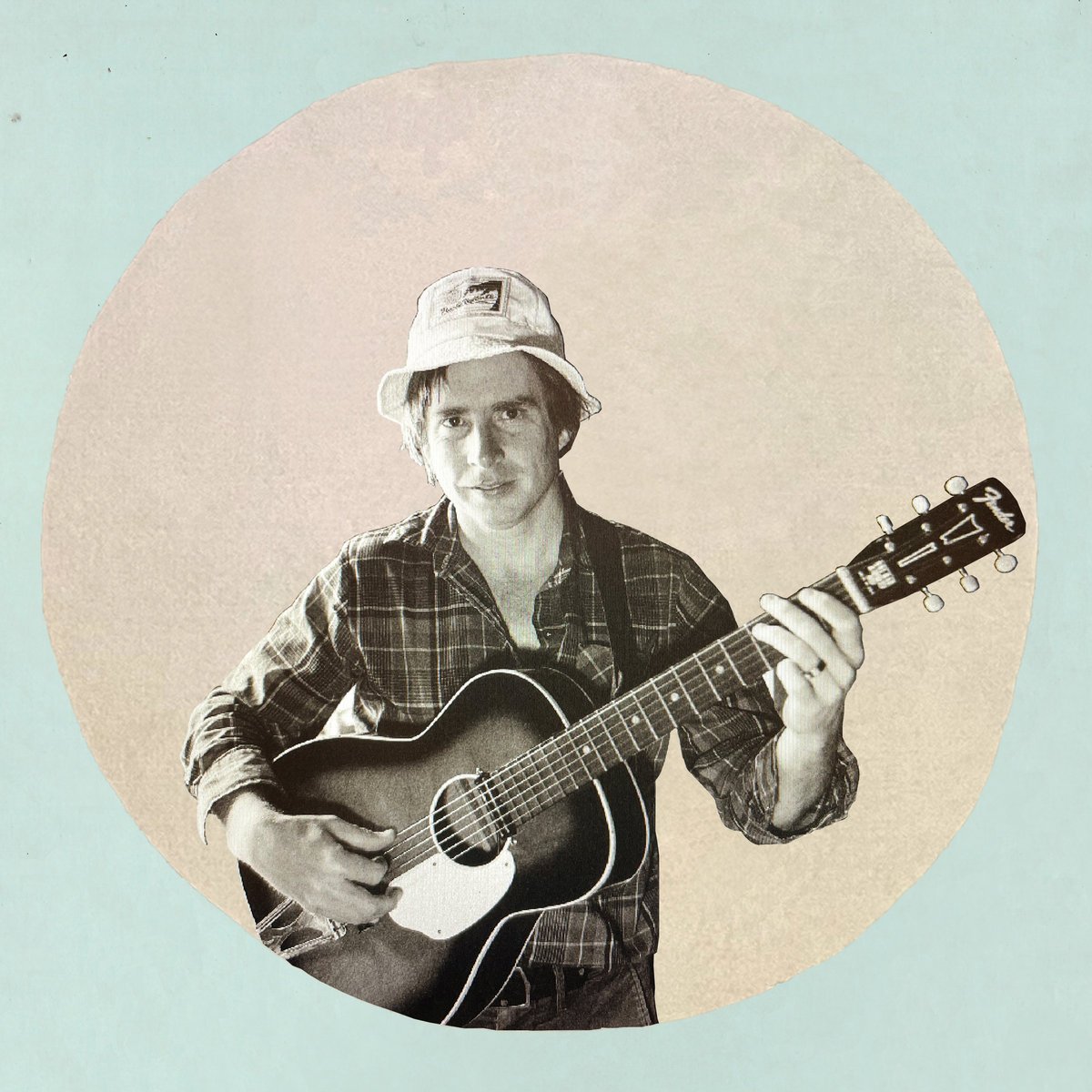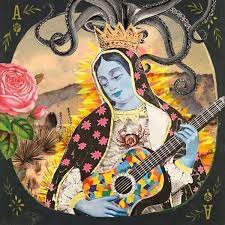1) Ben Rector, “Newy Lewis and the Hues” / What a good time I had with this triplet of Huey Lewis covers Rector recorded in 2014. From a mostly faithful “The Power of Love” that stretches in a sublime direction to a version of “Do You Believe in Love” that divines the sad soul of that song, Rector traces his pop lineage in wonderful fashion.
2) Scott McMicken and the Ever-Expanding, “Shabang” / The Dr. Dog stalwart keeps it funky and frisky on this record from earlier in 2023; leading a sprawling ensemble, McMicken fuses the shaggy-dog charms of early Beck with the deceptively refined pop of his daytime band.
3) Cordovas, “The Rose of Aces” / In the days after Robbie Robertson’s death, and another reminder that we always seem to be in the middle of losing our Americana greats, what consolation comes from bands like Cordovas, whose latest is a witness to the holy matrimony of country and rock. “The Rose of Aces” stretches itself across the musical land made for you and me to touch so many wondrous troubadours and traditions.
4) Megan Fernandes, “I Do Everything I’m Told” / The new one from poet Megan Fernandes is a marvel: of voice, of touch and effect. You not only hear the speaker’s voice in your head, but feel the same sensations, know the same disorientation and assurance—as they project forward, imagining a growing son never delivered (“I think he’d be / a drummer and wear green”); as we’re taught to make love like the world is minutes from extinguishing itself and all of us; as together we visit the graves of the poets; and as we trace the spiritual topography of the desert (“Why do I believe in any land that tells me it is holy?” Fernandes writes in “Phoenix”).
5) Josh Shepard, “The Lariat Lassoed Skyward” for HAD / I’m not a professional wrestling disciple, but I do line up behind writing that draws out the reverential, the nearly metaphysical, in the workaday—even if your job is wielding a bull rope and wrestling your way across the world. Shepard’s story is a mesmerizing record of detail and vision, visceral impact and philosophical ushering.
In a sort of closing revelry, his central character steps into a ring without border, or even shape, to absorb a sort of timeless wisdom:
You use violence in order to love. You love the fans who pay to see you. You love the man across the ring. You love the art that you make, and your art is born out of that love. You may not know that you already know, but even through violence, you may carry yourself in love in all that it is you do. Love, suffering—both are an act of opening oneself to give everything within and in turn to infinitely receive.



